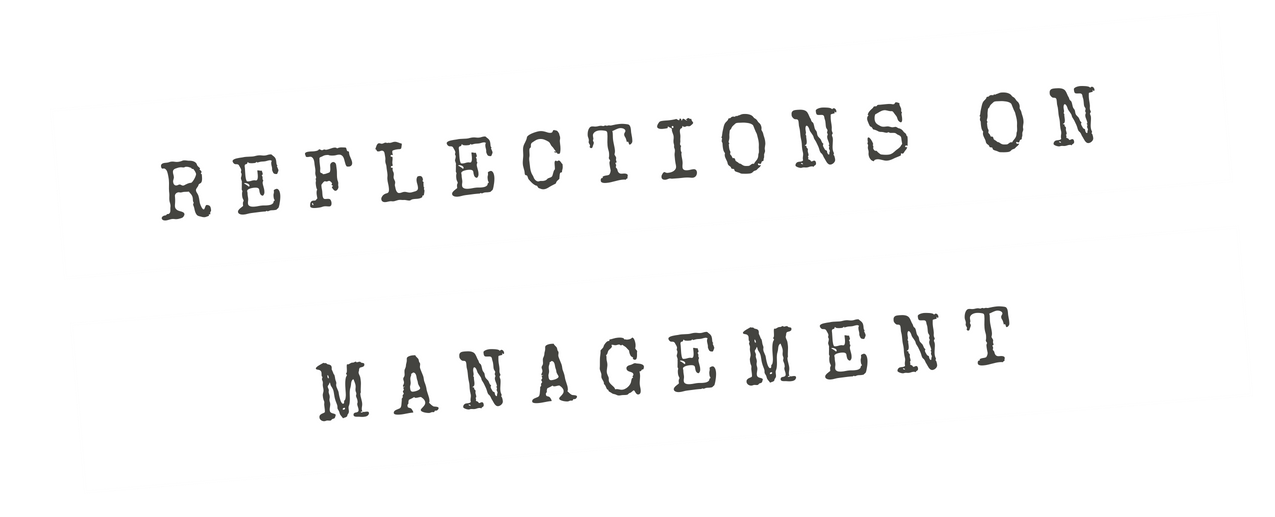There are so many reasons why, just from the natural ability to put energy and time and effort into the administrative function, why some of these repositories might be incomplete.
Season 7, Episode 10 — Click here to download the transcript
In this series on knowledge management and knowledge engineering. I presented several mental models that I’ve relied on to make sense of what appears to be incomplete and semi-organized repositories of information, both what has been archived and what is known among organizational members. But no discussion of this is complete without addressing a couple of critical points that drive what information is retained and what is withheld, Who owns the information and who determines its value? And do our methods of establishing ownership and appraising knowledge make sense?
The intentions behind ownership were to ensure that the originators of ideas were duly credited for their work — there are plenty of sites on the Internet that detail the history of copyright law and intellectual property. Those sites also normally provide the downside that it is difficult to attribute ownership when it is the idea being converted to property. One of the downsides that relevant to today is that people are discouraged from sharing because they lose control of their ideas and therefore forfeit their rights. The recent Talking About Organizations Podcast on Zuboff’s In the Age of the Smart Machine shows this problem, and it is a serious problem. The desire to protect turns into the need to withhold, which in turn negative impacts an organization’s abilities to collect, organize, and share information.
There’s also the problem of value of information, and the tendency for extrinsic factors like aesthetics to outweigh the intrinsic value of the information. We see this all the time in the way material on social media is promoted for the emotional reaction it garners rather than the information’s utility. I offer another Talking About Organizations Podcast episode on Steven Kerr’s article “On the Folly of Rewarding A While Hoping for B.” It has remained a seminal piece but it was not written in standard academic style, rather it reads like a commentary. More rigorous responses disagreeing with Kerr have been published but they are ignored because they lack the same emotional punch. It is what it is, but it is what academia really wants?
Thank you for listening to this series. In the future, I hope to turn it into a book project.


